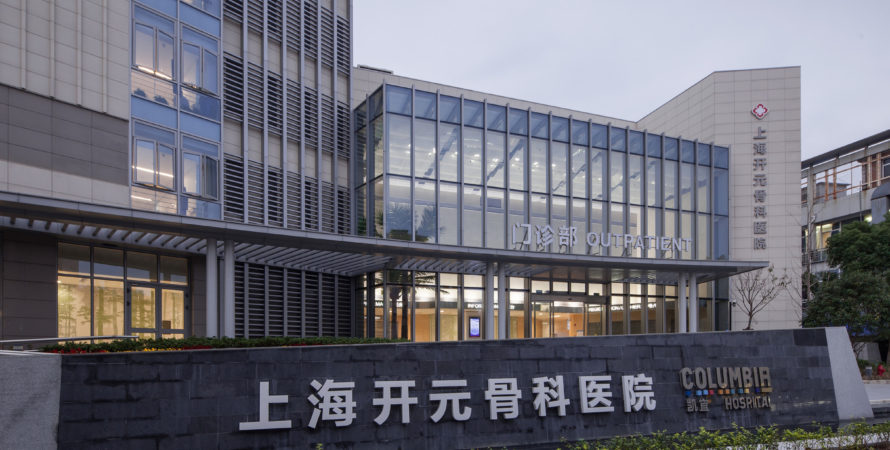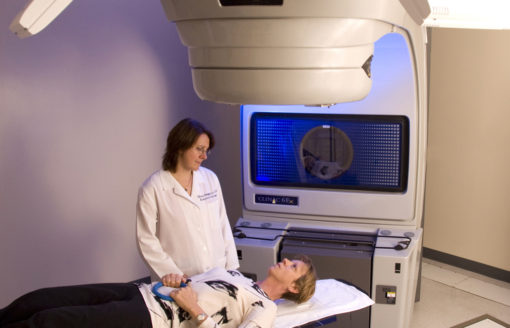China’s National Health and Family Planning Commission (NHFPC) released a circular in August 2017, aiming to promote foreign investment in the country’s healthcare industry. The essence of the circular is summarized as follows:
- Medical institutions are further classified into various subtypes, including rehabilitation centers, nursing centers, central sterile supply department, health examination centers and small/medium-sized ophthalmology hospitals. They are subject to specific set-up standards and management practices stipulated by the NHFPC.
- Approval will no longer be required to establish a medical clinic within an elderly care institution. This policy reduces red tape and should be an incentive for foreign investors;
- Approval process for establishing Class II and Class III hospitals is proposed to be streamlined. For example, the set-up approval and practice registration can be combined in one application instead of two separate ones, and
- Calling for the relaxation of the 70% cap on foreign equity ownership in medical institutions. This proposal raises the prospects that foreign investors may eventually be allowed to operate wholly-owned clinics in China.
Meanwhile, a State Council meeting, chaired by Chinese Premier Li Keqiang on October 9, 2017, made the decision to expand reforms in public hospitals covering the following areas:
- Public general hospitals across regions and various types of specialized hospitals will be encouraged to practice category-based pharmaceutical procurements and conduct procurements together.
- The mechanism for public hospital oversight will be reformed to assure better monitoring of their expenditure as well as the quality and safety of medical services provided.
The meeting also decided to speed up efforts for establishing medical treatment partnerships, which would promote cooperation and resource sharing among medical institutions. Private medical facilities will be encouraged to join such partnerships, and more efforts will be made to expand the availability of family doctors.
Currently, foreign investors are permitted to operate their wholly-owned senior care facilities in addition to enjoying tax incentives and exemption of administrative fees, as well as special deductions and waivers, which were offered previously only to Chinese operators.
These reforms create increasing opportunities for foreign healthcare providers to invest in China.







The Human Genome